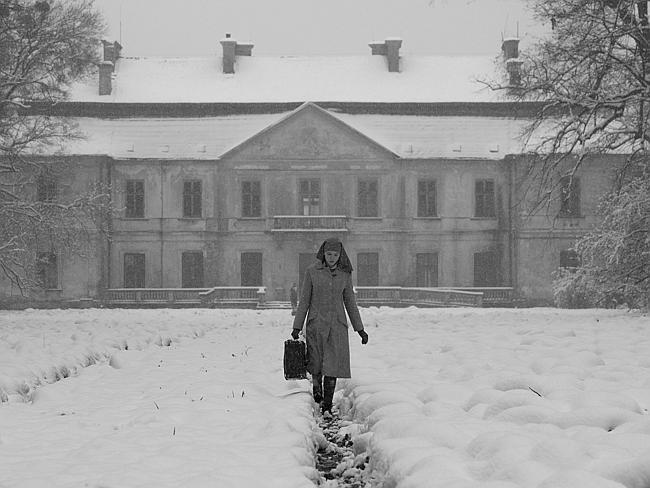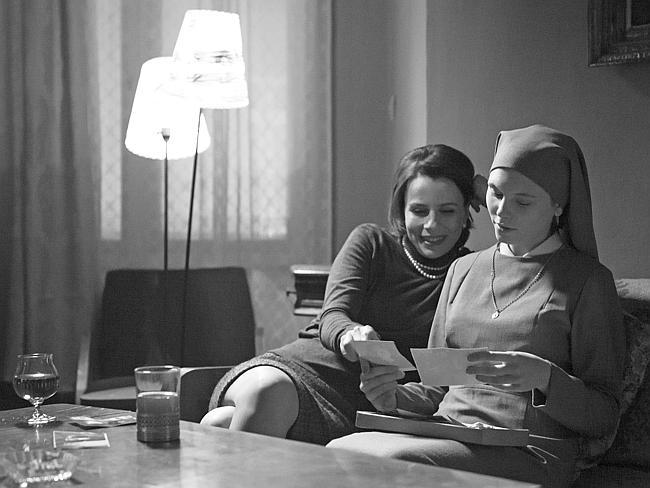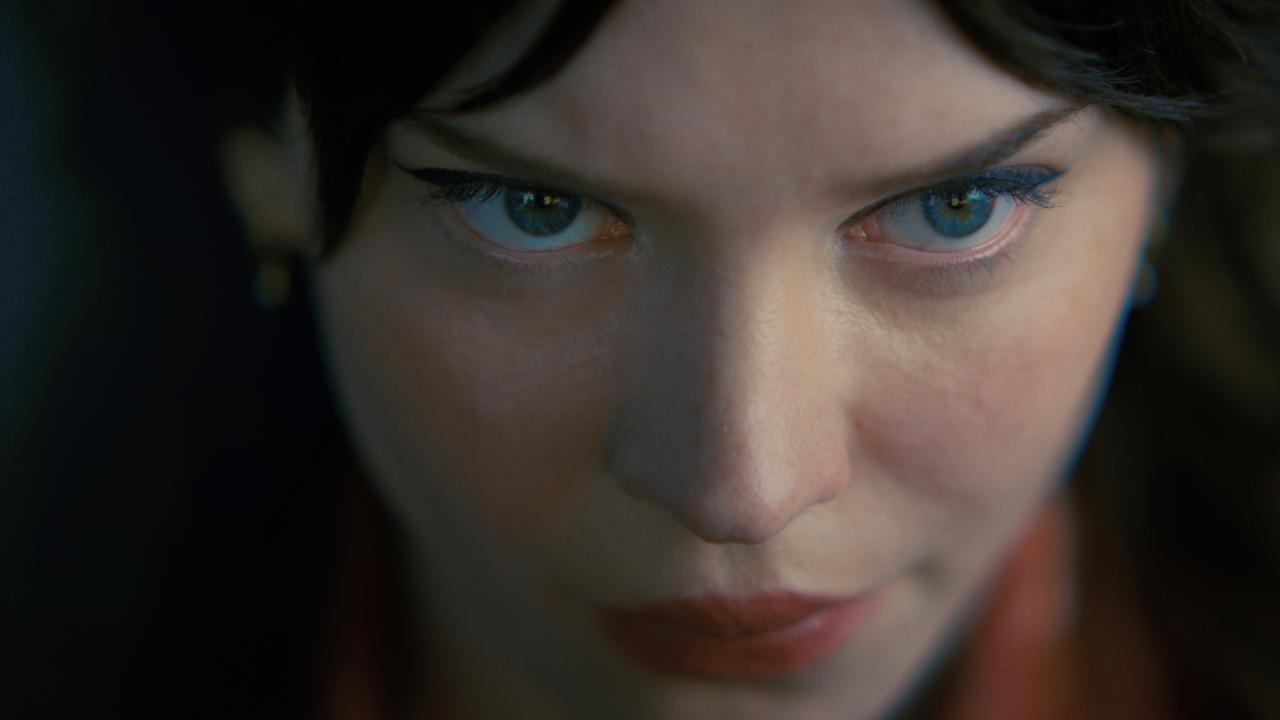Five stars — Unapologetically austere Ida is a cinematic masterpiece
IDA: It’s shot in a starkly foreboding black-and-white with long periods of absolute silence but this film is quite simply a masterpiece.
Leigh Paatsch
Don't miss out on the headlines from Leigh Paatsch. Followed categories will be added to My News.
THE striking visual and aural composition of Ida casts a powerful spell which remains unbroken throughout.
Though shot in a starkly foreboding black-and-white — and unafraid to let its story progress through long periods of absolute silence — the film’s seemingly rigid limitations turn out to be anything but.
What to watch: More movie reviews from Leigh Paatsch

The setting is rural Poland in the 1960s. A young woman orphaned at an early age and raised in a remote convent is about to take her final vows to become a nun.
When word surfaces that Ida (an astonishing performance by newcomer Agata Trzebuchowska) has one surviving long-lost relative, she is instructed to venture beyond the convent walls for the first time to learn a little about herself.
A little? No, make that a lot. Ida’s sole next-of-kin is her aunt Wanda (Agata Kulesza), a tough-talking, hard-drinking woman who is worldly in every single way that her niece is not.
Oh, and just to get the relationship off and rolling on a painfully awkward note, Wanda brusquely informs Ida she was born Jewish.

While the delicate nature of the subject matter (and the unapologetically austere manner in which it is addressed) undoubtedly limits the appeal of Ida, its pure cinematic impact is undeniable.
Not a single frame, line or gesture is out of place.
The word ‘masterpiece’ is never to be used lightly.
However, when a film hits as heavily and hard as Ida, the accolade is more than apt.
IDA (M)
Director: Pawel Pawlikowski (My Summer of Love)
Starring: Agata Trzebuchowska, Agata Kulesza
Verdict: Five stars. Oh, she of brittle faith


